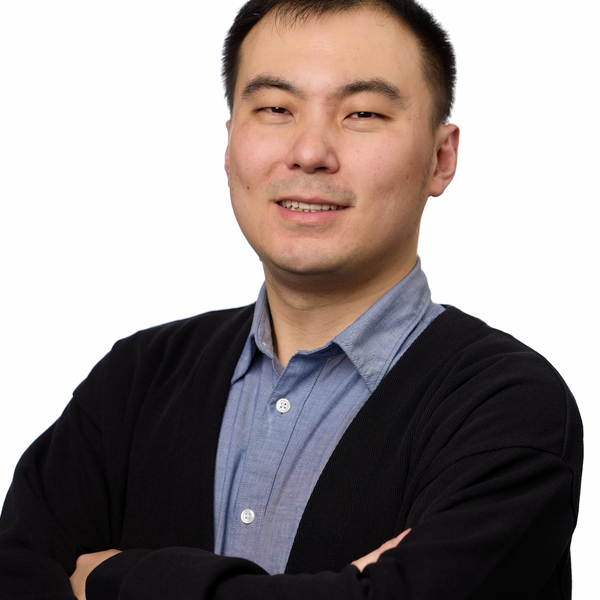
Tianyu Wang
Assistant Professor, ENG (ECE)
Professor Wang’s research aims to harness the computational power from optical physics for the purpose of developing more efficient sensors and processors.
Traditionally, light primarily serves as a medium for transmitting information in applications such as imaging and telecommunication, yet its potential for information processing has attracted more attention recently. For example, light propagation can perform large-scale linear operations efficiently, positioning it as a promising platform for artificial neural network implementation. Furthermore, by processing optical data natively in the optical domain, we can improve the performance of optical sensors in multiple dimensions, including but not limited to their latency, data throughput rate, and sensitivity.
Prof. Wang’s lab works on both hardware and software development at three different levels: 1) Discover new forms of optical information processing advantages in conjunction with emerging computational models and photonic devices. 2) Develop hardware systems that showcase the practical benefits of optical processing in applications such as high-throughput biomedical assays, remote sensing, and high-speed feedback controls. 3) Apply artificial intelligence techniques for adaptive self-configuration of photonic computing, sensing, and imaging systems.
Prior to joining Boston University, Professor Wang was a recipient of the Eric and Wendy Schmidt AI in Science Postdoctoral Fellowship. He received his PhD degree in Applied Physics from Cornell University, with a minor concentration on Biomedical Engineering. He is currently an Assistant Professor in the Department of Electrical and Computer Engineering at Boston University, and a member of Photonics Center and Neurophotonics Center.